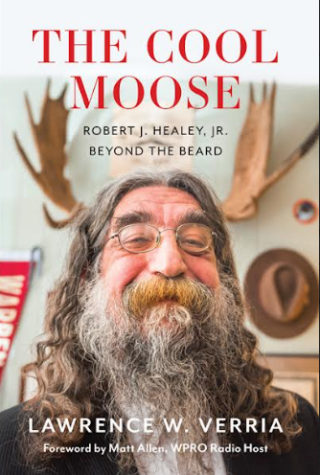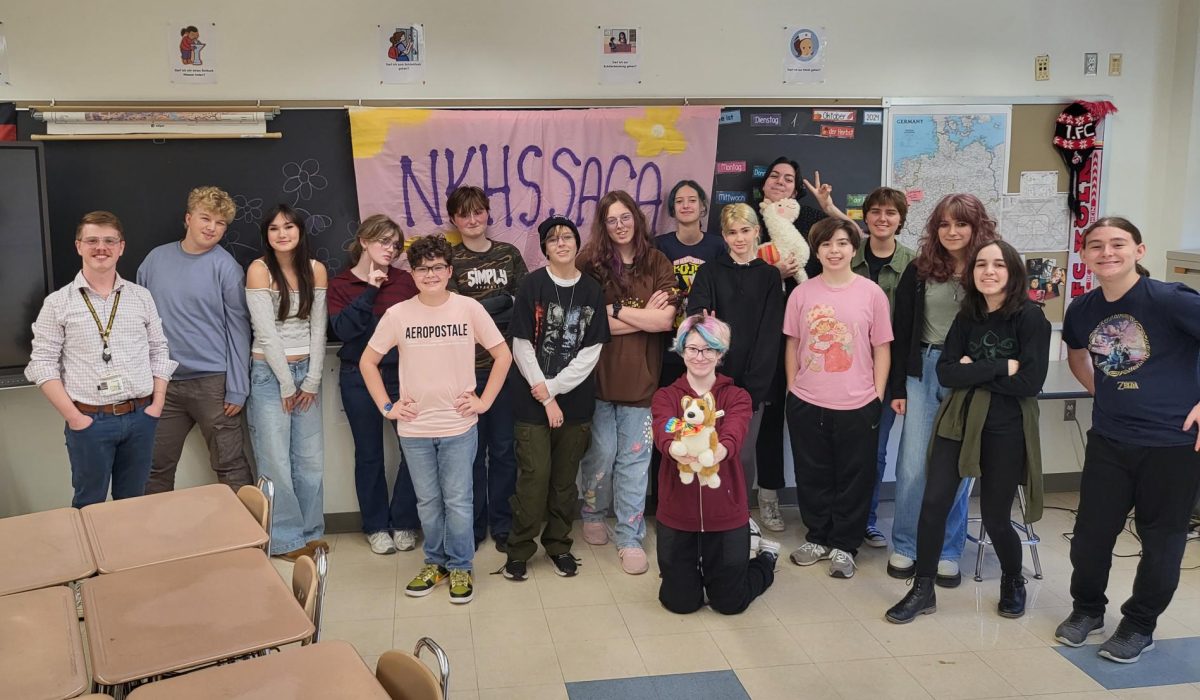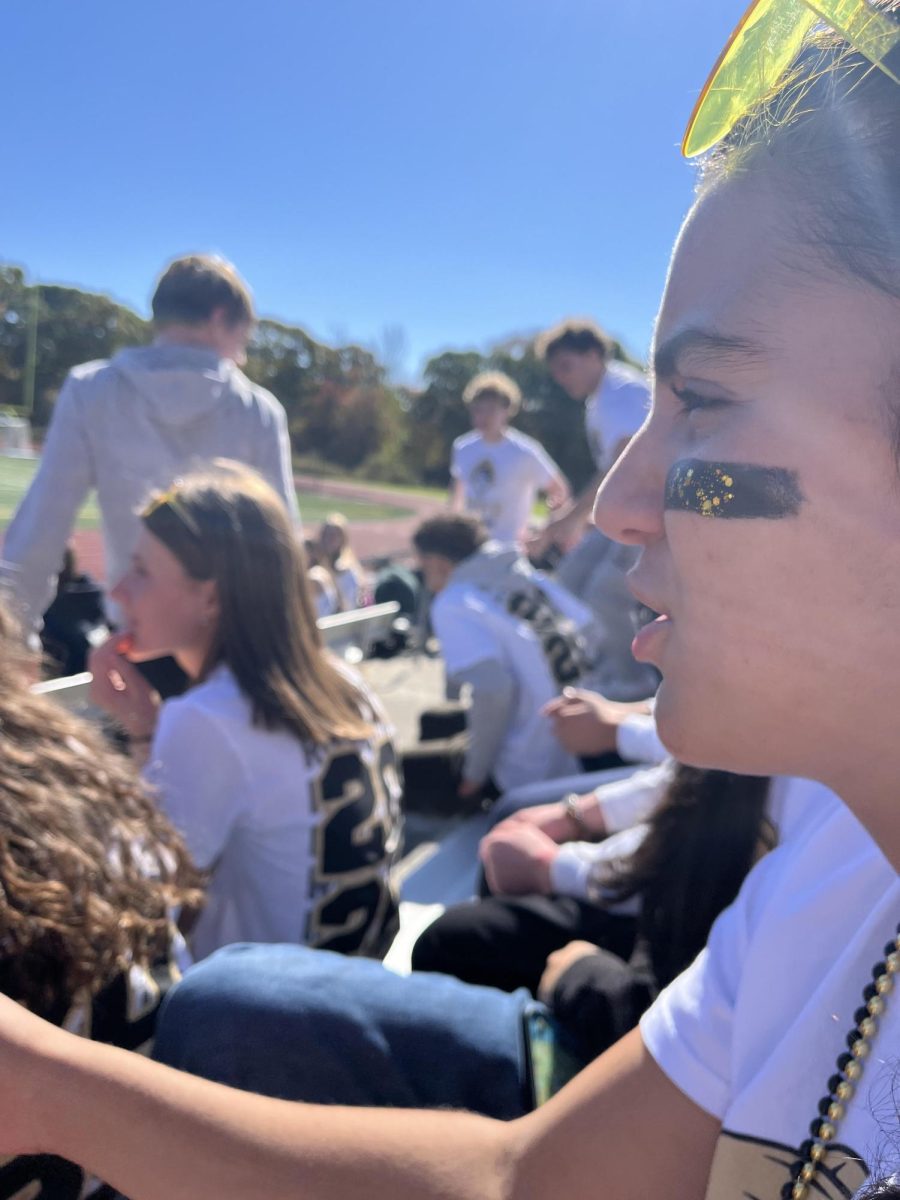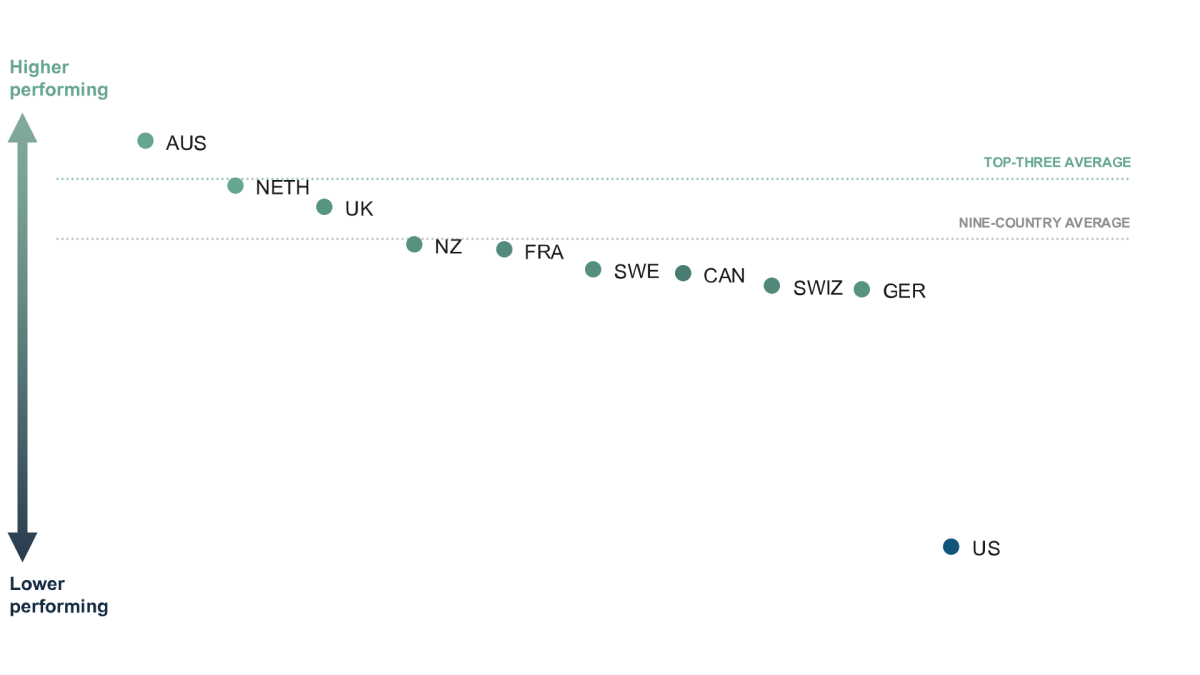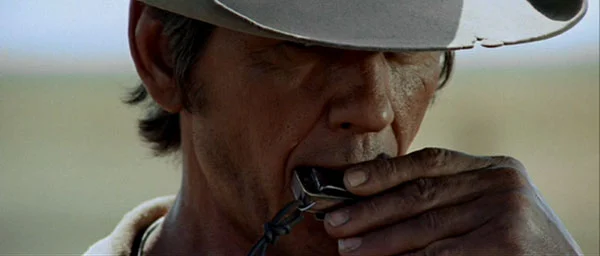‘Beyond the Beard’: Verria’s reflection on the enigmatic Robert Healey, Jr.
October 17, 2022
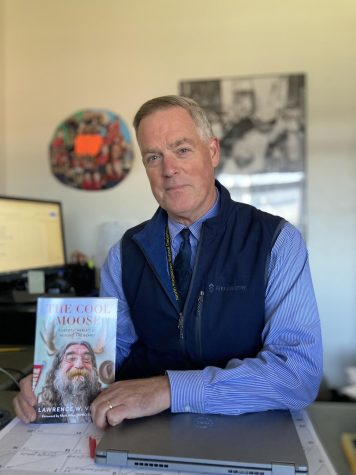
Mr. Lawrence Verria was shocked. How could the life of a man such as Robert “Bob” Healey, Jr. only have been given a mere 24-hour news coverage? The renowned lawyer, public servant, orator, and politician had unexpectedly passed away, dotting an abrupt and unfortunate period on his story. But how much of the man had we really known? It was this question which social studies department chair Verria was determined to set straight.
Verria felt that news coverage of Healey had not only been brief, but inaccurate, and had not done justice to the man who had poured his soul out to this state for over 30 years. So after years of scouring library archives, researching hundreds of articles, interviewing sources with relations to Healey, and using his own personal connections, Verria was able to piece together a story that he says was “how Healey would have wanted himself to be remembered.”
“I did not intend to write a tribute to Robert Healey, but rather, to the extent possible, let him tell his own story,” Verria said. This is just what Verria’s recently-finished project, “The Cool Moose: Beyond the Beard,” accomplishes: a purely observant and unfiltered look into the life, struggles, and aspirations of Robert Healey.
Verria knew when writing the book that while learning about Healey, outsiders might not necessarily agree with his political views or goals. However, this shouldn’t discourage readers from getting to know Healey. In fact, Verria even sympathizes with those who might dissent from Healey’s beliefs. “At times I didn’t agree with him,” Verria said. “You may not like him, but you might come to respect him and what he was trying to achieve.”
Healey was “a legend…a source of curiosity,” Verria said. Healey’s character certainly did always spark an air of interest. His long, twisting hair and beard seemed to be the emblem of his Cool Moose Party. The political party’s name originated from a famous moose that crossed from New Hampshire into Rhode Island in 1985.
“There was a public fascination with the animal, and that included Bob Healey,” Verria said. This, combined with Healey’s past school board slogan “Make School Cool,” and Teddy Roosevelt’s own Bull Moose Party, are what created the infamous title.

Upon the platform of this unique third party, Bob Healey would run for Rhode Island office. For years he would be a familiar name in campaigns for the position of Lt. Governor, although Healey is notorious for running for this position just to dispose of it. While Healey never won any of his campaigns–in Verria’s words, “he was third place by a country mile”– he did promote a real message regarding the people’s power in politics.
“He wanted people to have the opportunity to weigh in,” said Verria. “It wasn’t just a speaking point for him, it wasn’t a soundbite, it was sincere.” Healey ran on a foundation of giving the say back to the average American. He was in favor of voter initiative, as well as referendums, events which relegate laws currently being deliberated on to citizens for the final decision.
Admittedly, Healey had to fight an uphill battle, not only against major political parties. “His struggles came to bear with his appearance,” Verria said. “He didn’t have the look…he wasn’t taken seriously.”
Sure, Healey certainly wasn’t the mainstream, orthodox candidate, but his message and his mission are something that people have said they wanted in a political leader for years. It leads one to question whether the values or the character are what make our choice in the vote.
Through it all, Healey had held his own in the many campaigns of his life — amidst trials ranging from political parties to personal perception. However, upon the sudden close of Healey’s final chapter, it may seem as if Healey had been robbed of that final, long-awaited breakthrough that most would associate with underdog stories such as his. Verria expands on this seemingly inconclusive ending with his own question.
As Verria said, “Bob Healey saw himself as a failure. And in truth, he did not reach his goals. The old political system endured, despite his steadfast efforts to change the government and the way we all approach politics… And while I agree he did not succeed along the lines he envisioned, I don’t think the failure rests with him. We need to look elsewhere for the faults that perpetuate the dysfunctions in government. Healey did his part to draw attention to governmental shortcomings. The question remains, did we do our part?”
This is all the inspiration behind Verria’s new book: to get a peek behind the curtain (or in this case the beard) of a man who had drawn public attention for so long and then seemingly vanished; a man who had served his community faithfully, and who had only wanted the people to join him on the stage of politics in the undertaking of changing the society they lived in. Truly, Verria voices what our thoughts might be as we look at this man in the midst of our voting seasons today, and ask ourselves now that the opportunity has passed, “What is it that we really want in politics, if not Healey?”
